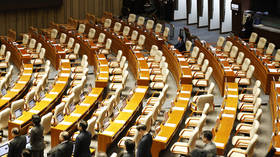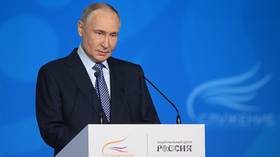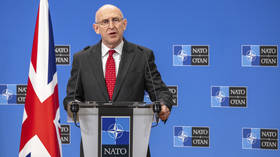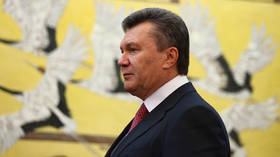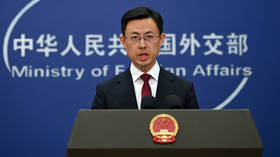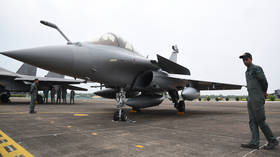South Korea arrests former defense minister for alleged treason
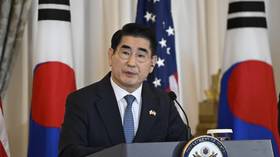
Former South Korean Defense Minister Kim Yong-hyun has been arrested over his alleged role in the decision by President Yoon Suk Yeol to declare martial law earlier this week, Yonhap news agency has reported.
Yoon announced martial law on Tuesday after accusing the opposition of being sympathetic to North Korea and preparing to stage a “rebellion.” However, he was forced to retract his decision less than six hours later after MPs voted against it and thousands of protesters took to the streets.
Some reports claimed that the defense minister, who resigned from his post on Wednesday, was the one who advised the president to declare martial law. The opposition later filed legal complainants accusing Yoon, Kim and martial law commander Park An-Su of treason.
According to Yonhap, Kim was arrested after voluntarily submitting to questioning by prosecutors on Sunday. He was sent to a detention center in eastern Seoul and his phone was seized.
Later in the day, the former defense minister’s office and official residence were raided by police.
Also on Sunday, another member of Yoon’s government, Interior Minister Lee Sang-min, announced that he was quitting his job. Lee explained that he was doing so “in grave recognition of responsibility for failing to serve the public and the president well,” according to the newspaper JoongAng Ilbo.
On Saturday, an attempt to impeach the president failed when Yoon’s People Power Party (PPP) boycotted the vote in the National Assembly. The main opposition Democratic Party (DP) reacted to the development by promising to push for impeachment of the head of state every week.
In his statement on Sunday, PPP leader Han Dong-hoon Han called Yoon’s decision to impose martial law an “unconstitutional act” and said that most South Koreans want the president out.
”Through an orderly early departure of the president, we will minimize the chaos for the Republic of Korea and its people, stabilize the political situation and restore liberal democracy,” Han said.
He promised that Yoon would not make decisions on any important matters, including diplomacy, during his remaining time in office. “Until the president’s departure, the prime minister and the party will closely consult to seamlessly take care of livelihood issues and state affairs,” Han said.
However, National Assembly Speaker Woo Won-shik insisted it was unconstitutional to delegate presidential authority to the PM and the ruling party without an impeachment. He called for a meeting between the PPP and the opposition to discuss ways of suspending Yoon’s presidential power immediately.
